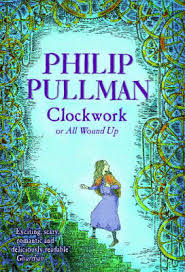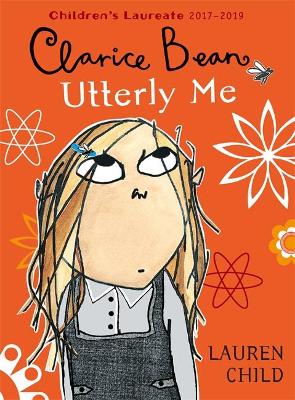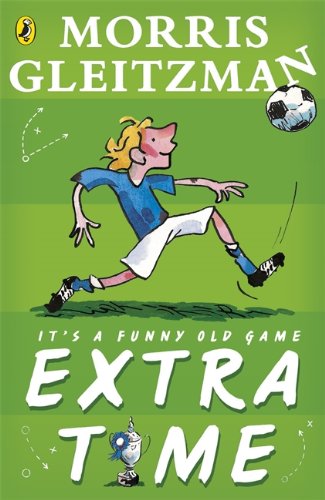
Ruby Redfort: Catch Your Death
Lauren Child
London, Harper Collins, 2013, 525p
I have been searching for a suitable book for the OSA Y7 Girls Book Club, due to start after Christmas, and I really wish this book was shorter - it is perfect in every other way!
Ruby's third mission takes her completely outside her comfort zone. Ruby is undergoing field training; despite the fact she has already been involved in many dangerous missions, she needs to complete this to become a fully-fledged Spectrum agent. But the wilderness test baffles her practical approach to danger; she cannot escape the unpredictable nature of the outdoors.
Catch Your Death is the smelliest mission yet, in the sense, alongside all strange animal attacks happening throughout Twinford, a perfume-obsessed foe is haunting the town. And following an difficult night in the woods, Ruby has the flu, is unable to smell anything, and is struggling to keep on top of her school work and her Spectrum duties.
I am a self-confessed fan of Ruby Redfort - I would have devoured Lauren Child's words when I was a kid, even more so than I devour them as an adult. I get completely lost in Ruby's adventures. In this third mission, her best friend, Clancy, seems to get a much bigger role - he is finally being recognised as a hero like Ruby. And he is fiercely loyal to her.
In places, the physical book; something I noticed with the previous novels, also. There are pages where a new scene begins, but there is no distinction from the last page, meaning you have to stay on your toes to work out who you are reading about. (And I do not see this as an intentional ploy to get readers to practice their observations skills, simply an editorial mistake.)
Nevertheless, the story is action packed and the book does not feel as long as it looks. You are completely drawn into the action, following Ruby and Clancy every step of the way.
















